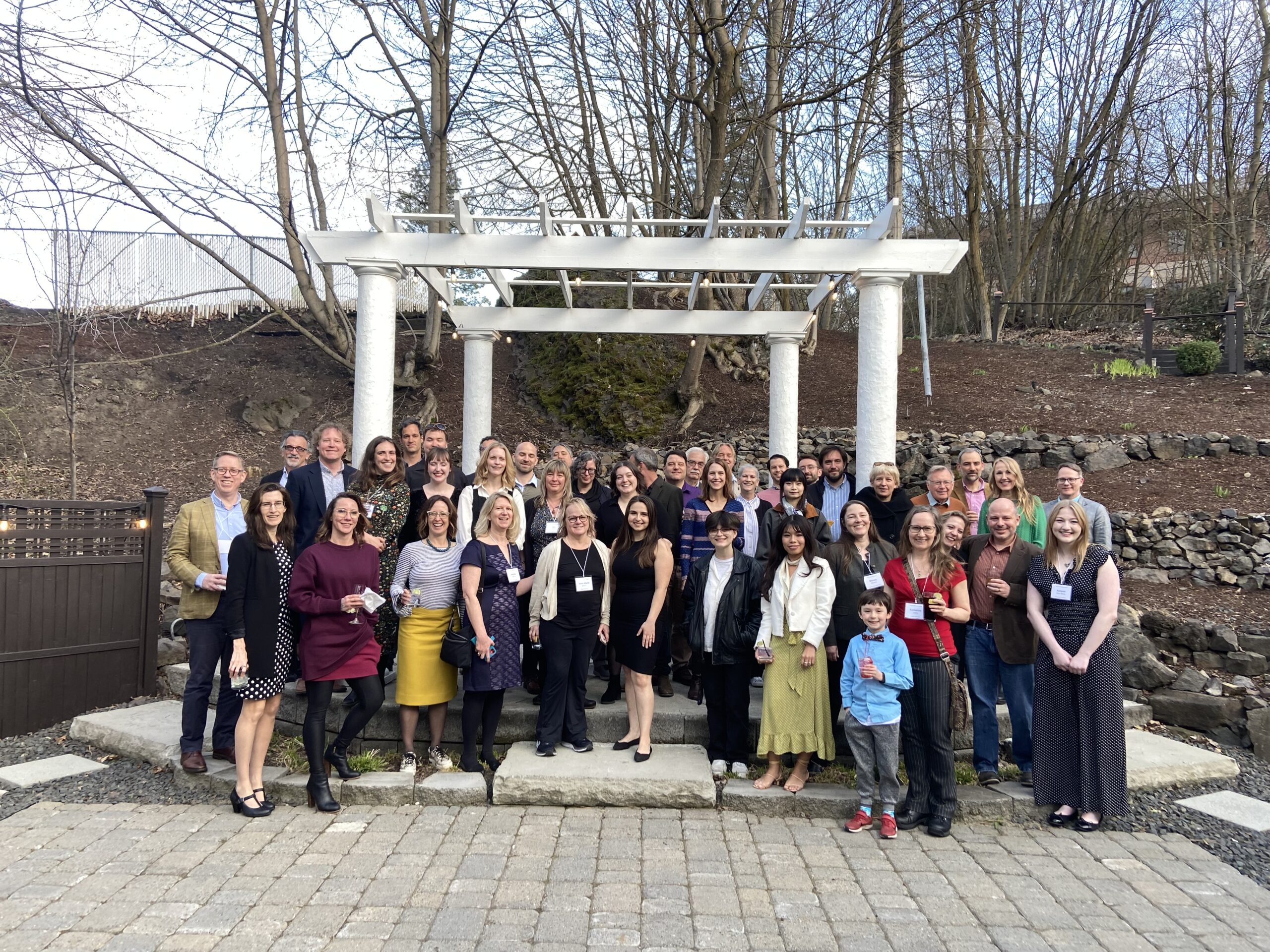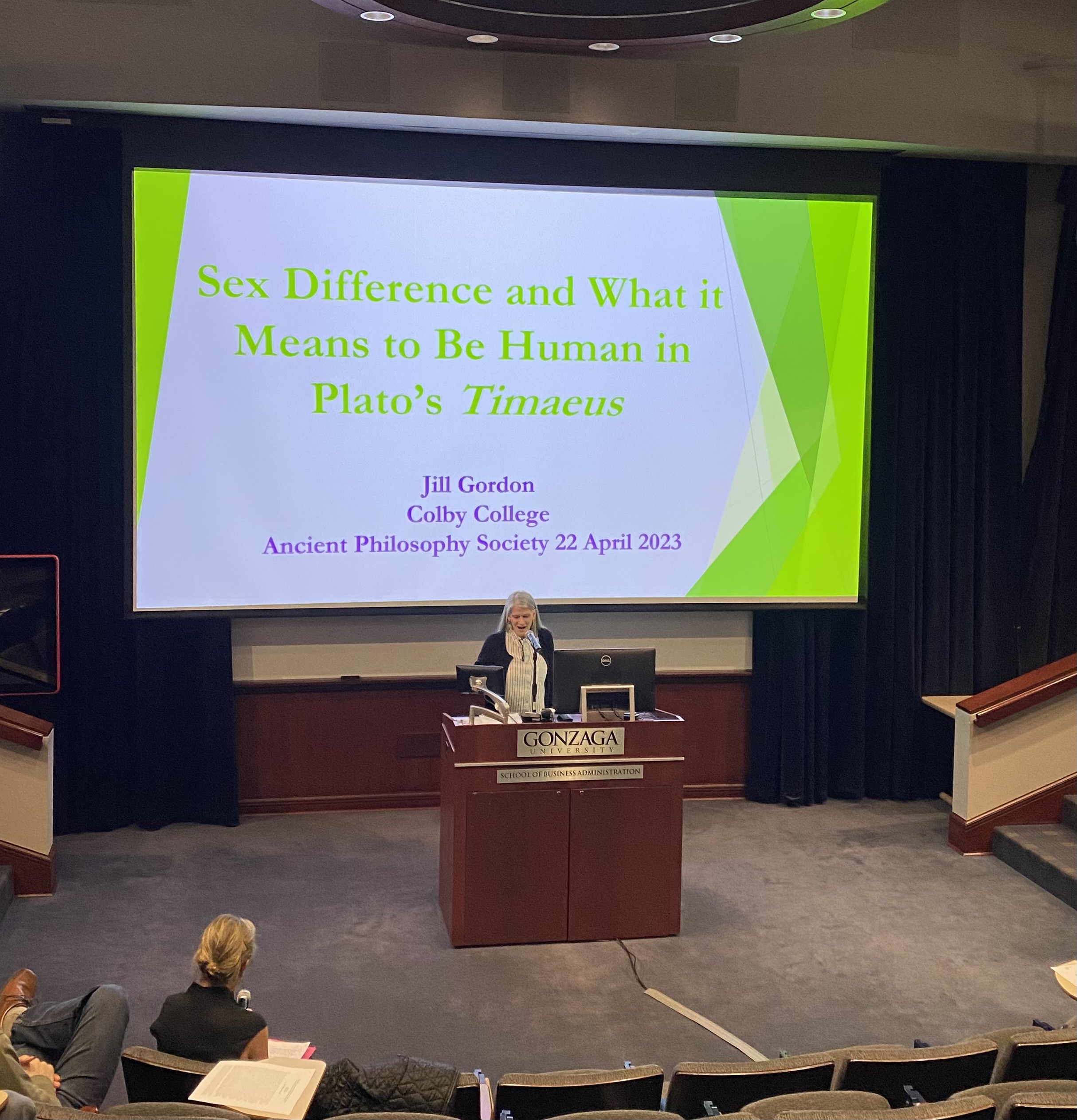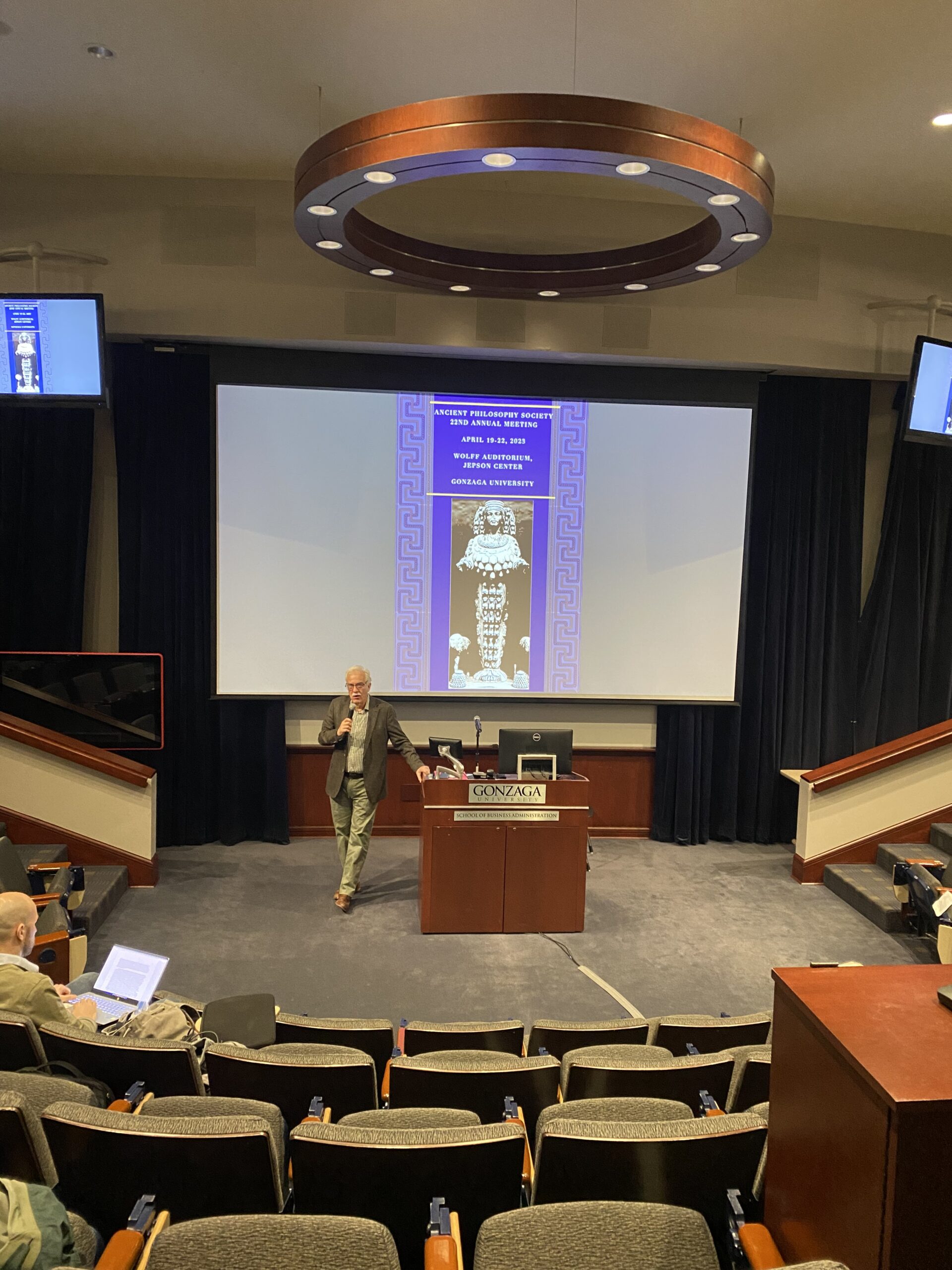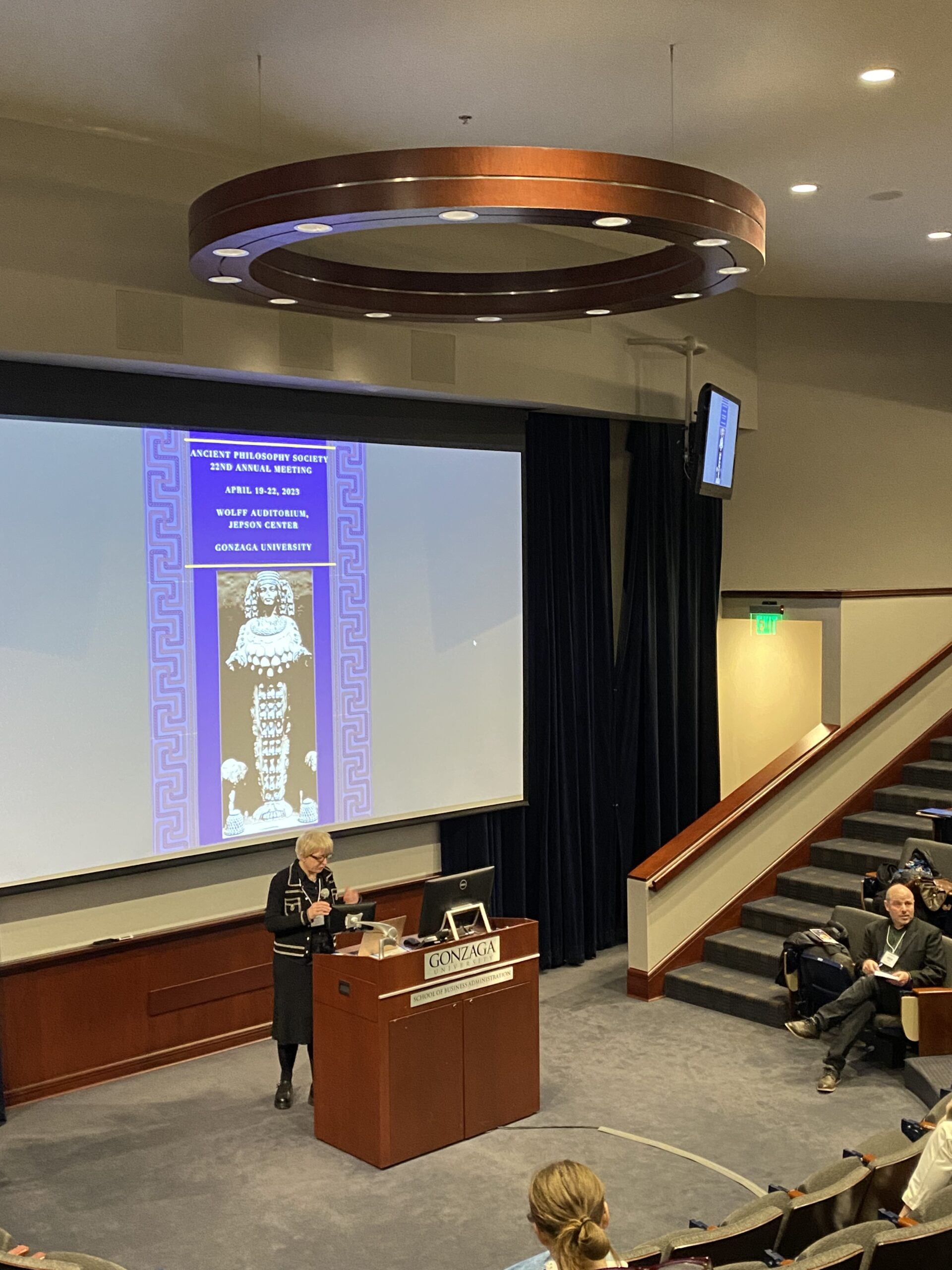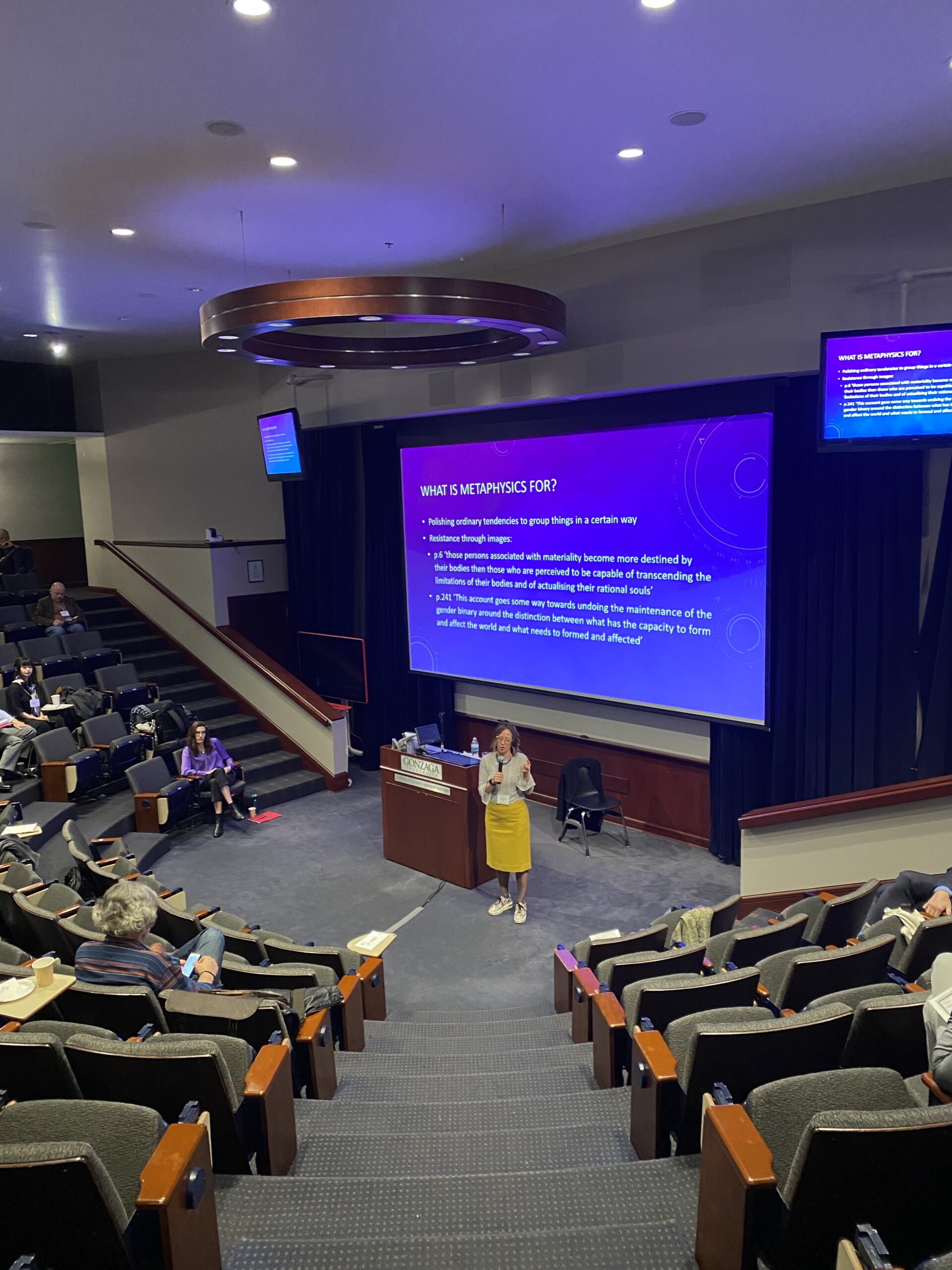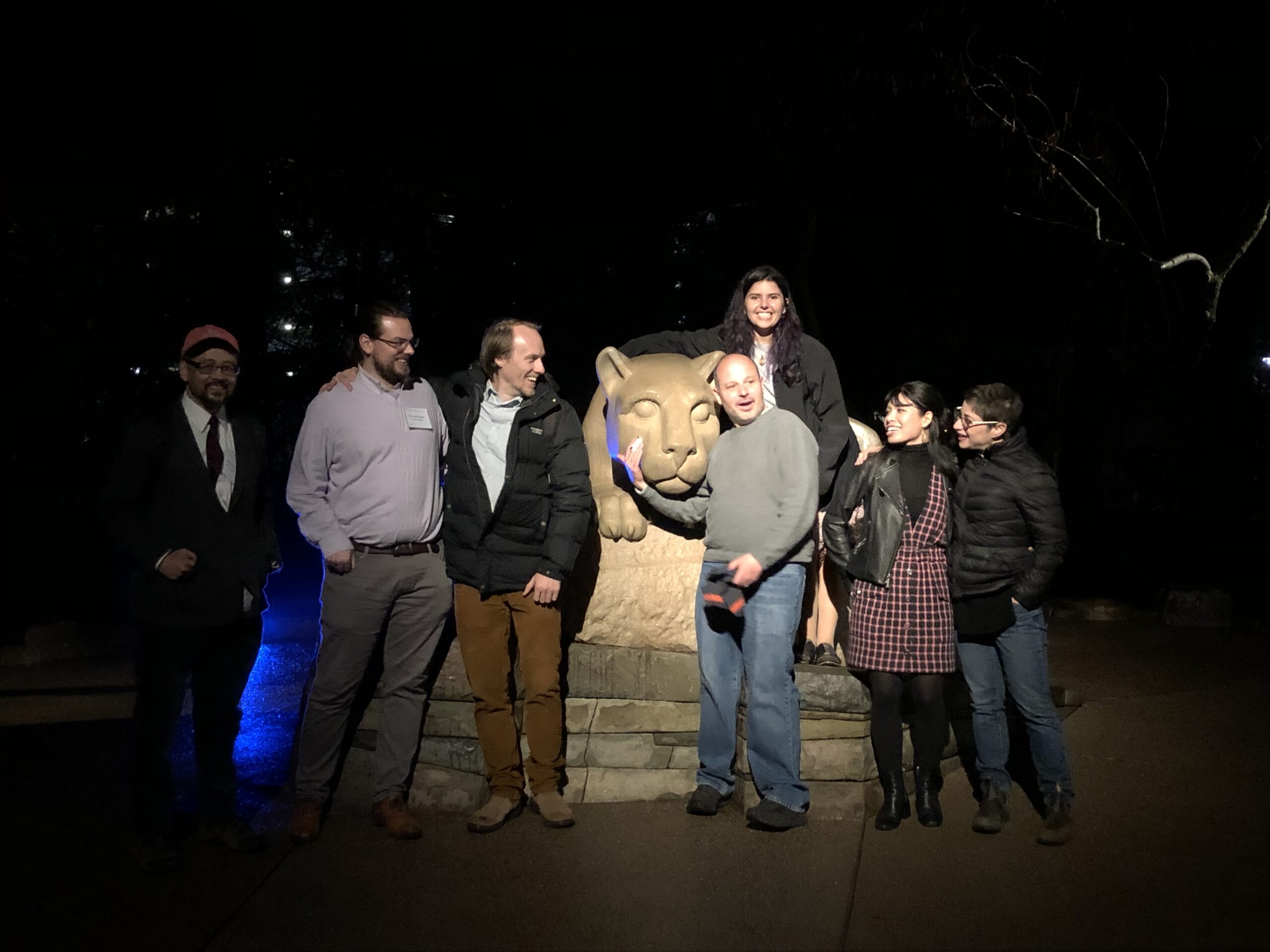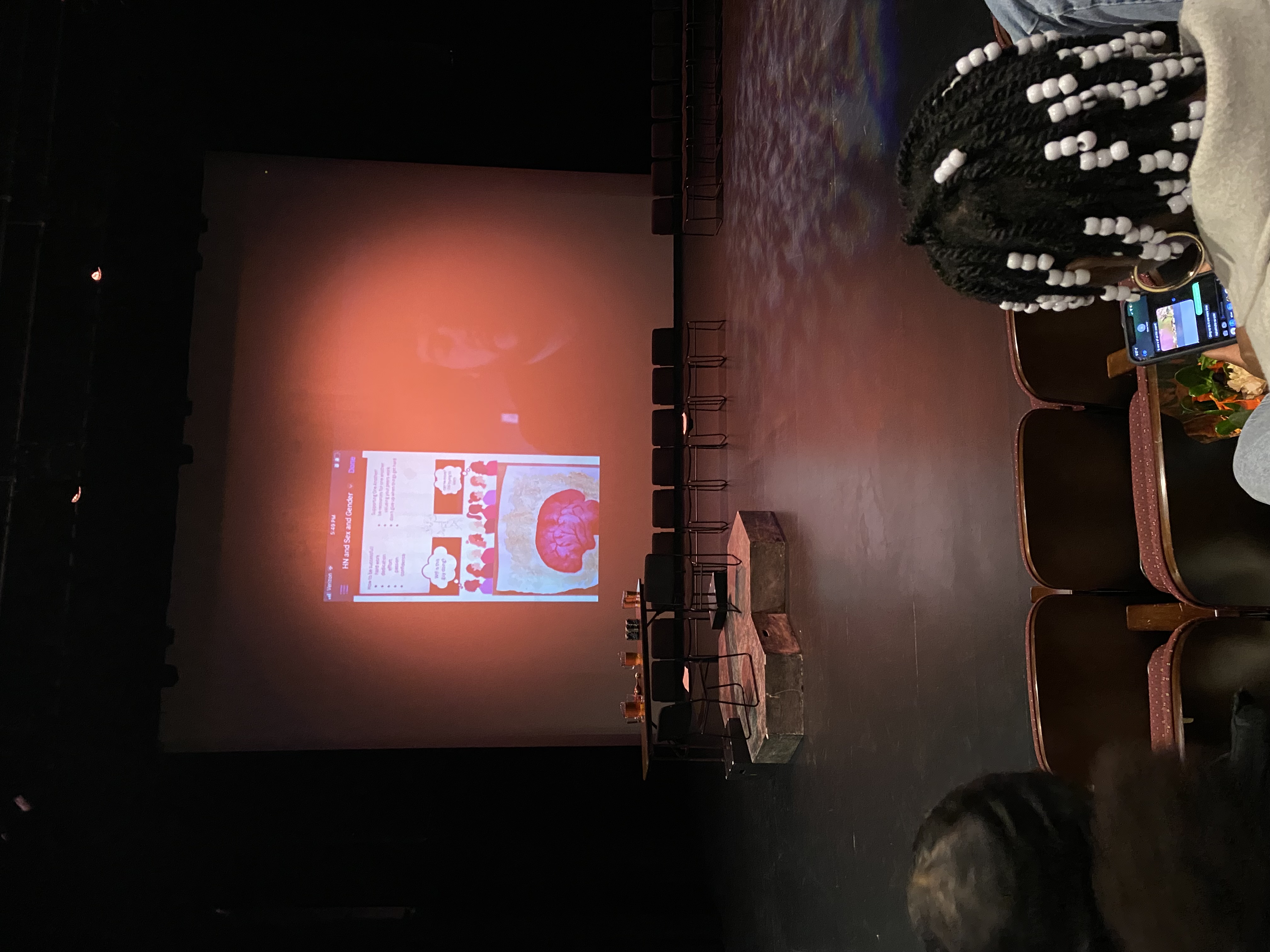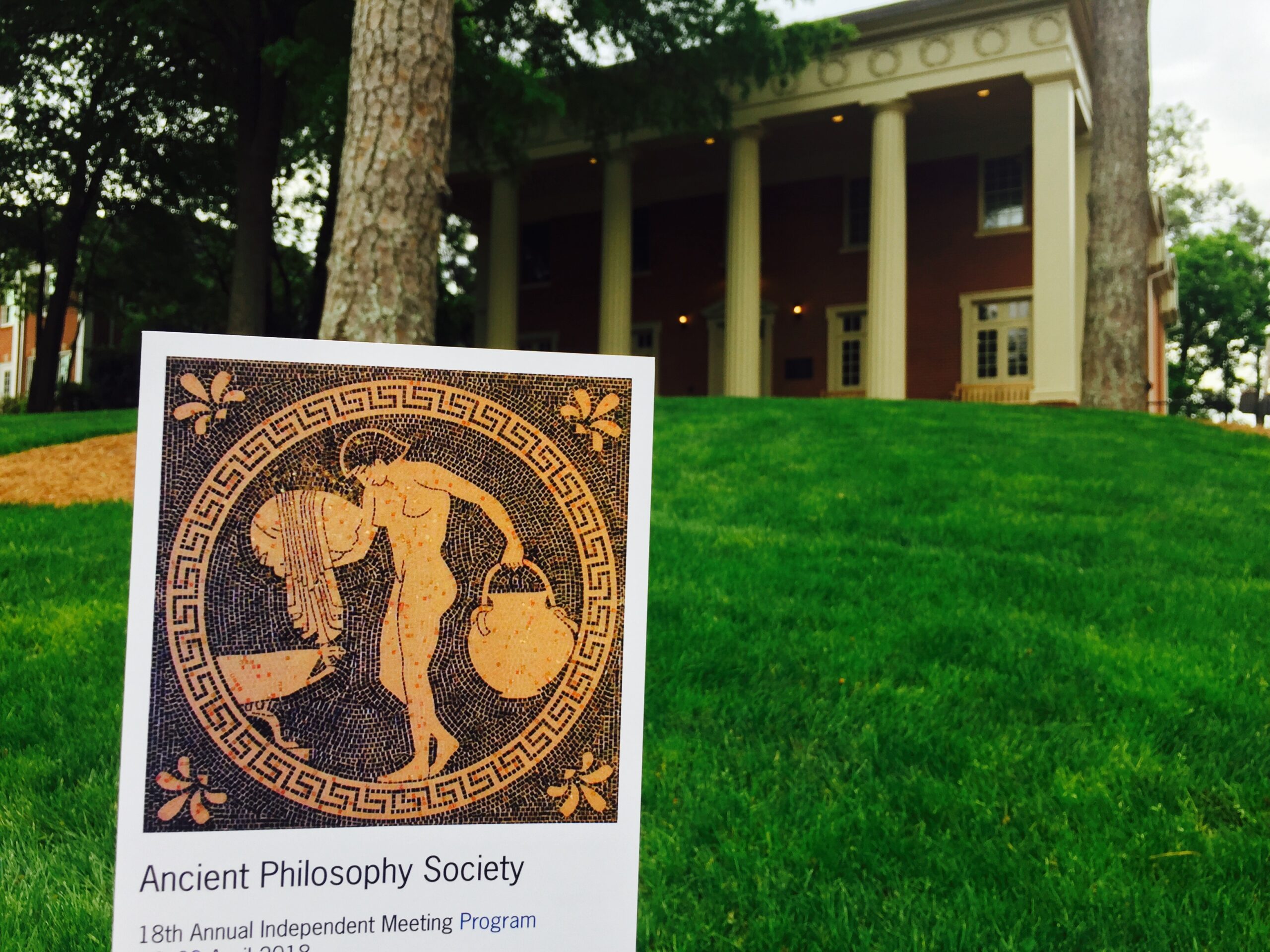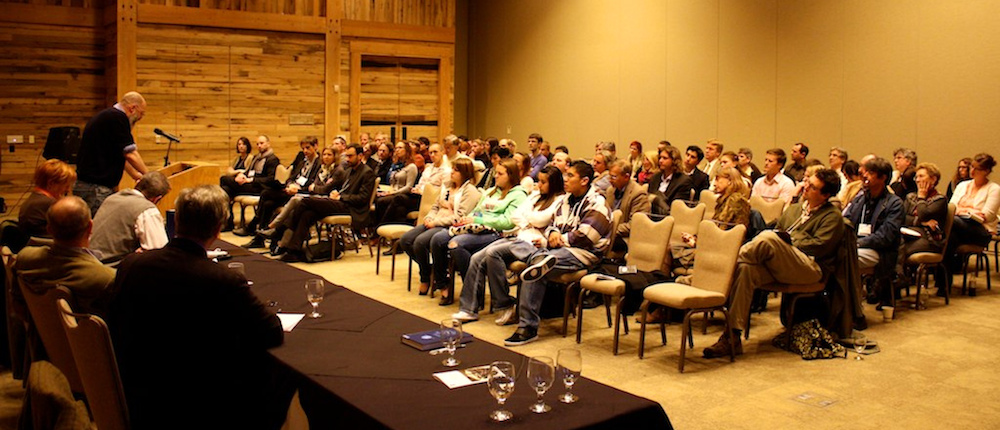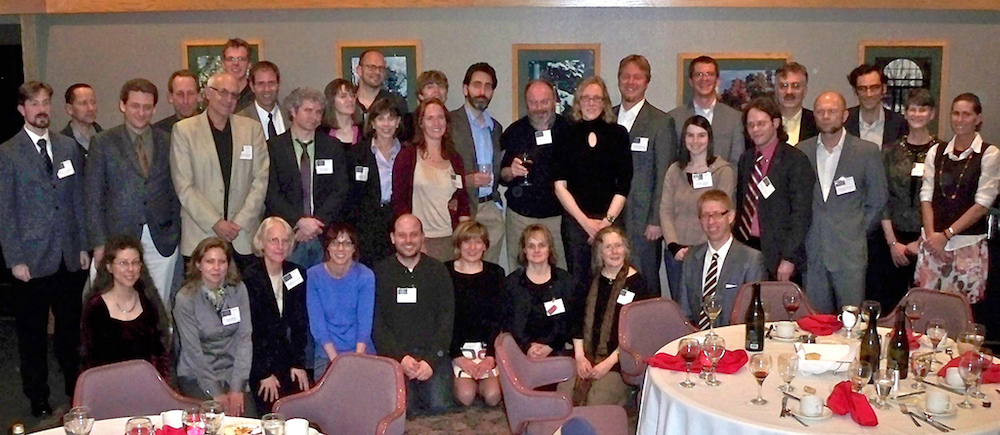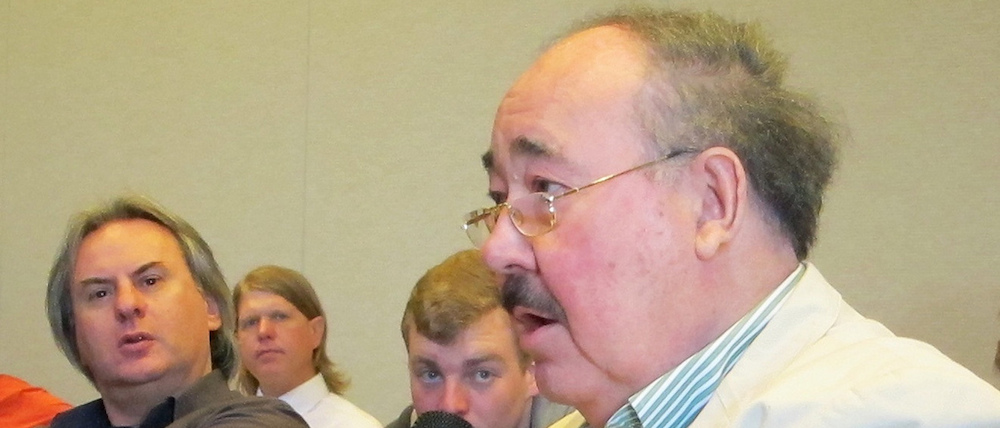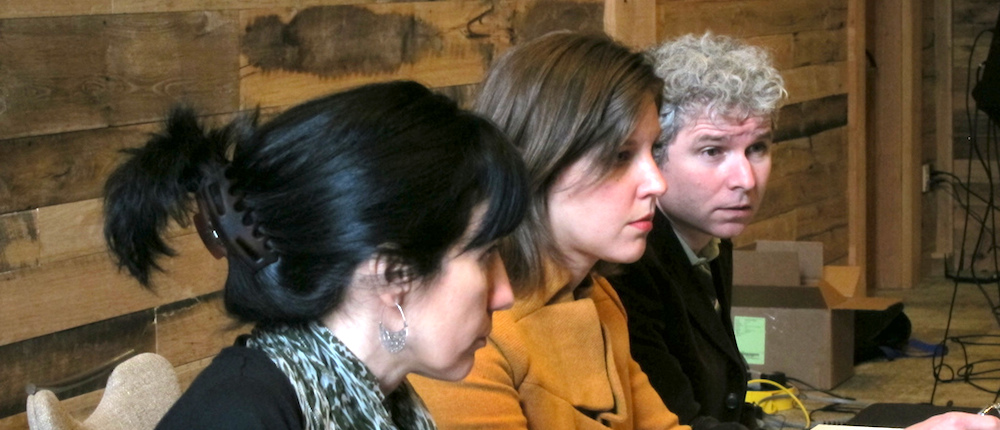News and Announcements
-
 Ancient Philosophy Society 2025 Annual Meeting Poster and Program
Ancient Philosophy Society 2025 Annual Meeting Poster and Program
-
 John Sallis, 1938-2025
John Sallis, 1938-2025John Sallis (1938-2025), the “dean” of continental philosophy in the United States and one of the foremost thinkers in the phenomenological, hermeneutic and deconstructive traditions of philosophy, died on February 18, 2025. His life and his work had an unparalleled impact upon philosophy in our times, shaping discussions and opening avenues for thinking. His many works on imagination constitute some of the most original and creative treatments of this topic, but the span and breadth . . . Read More
-
 Ancient Philosophy Society 2025 Meeting Registration
Ancient Philosophy Society 2025 Meeting RegistrationRegistration for the meeting is now open. Note that APS membership is required to register for the meeting. We strongly encourage you to register for the banquet on the night of Saturday the 26th as well. Historically, the banquet has been a great chance to get to know other participants, and we hope to continue that tradition this year. You can pay membership dues and register for the meeting and banquet at the following link: . . . Read More
-
 Aristotle and Tragic Temporality
Aristotle and Tragic TemporalityAristotle and Tragic Temporality treats a theme that has drawn scholarly attention for millennia: Aristotle on time and our experience of it. It does so, however, in a wholly unprecedented way, grounding its interpretation in his Poetics and Ethics, rather than the natural philosophy of the Physics. Sean D. Kirkland first takes up Aristotle’s discussion of our tragic temporal situatedness—our having to act, think, and live always between a determining past we can never fully . . . Read More
